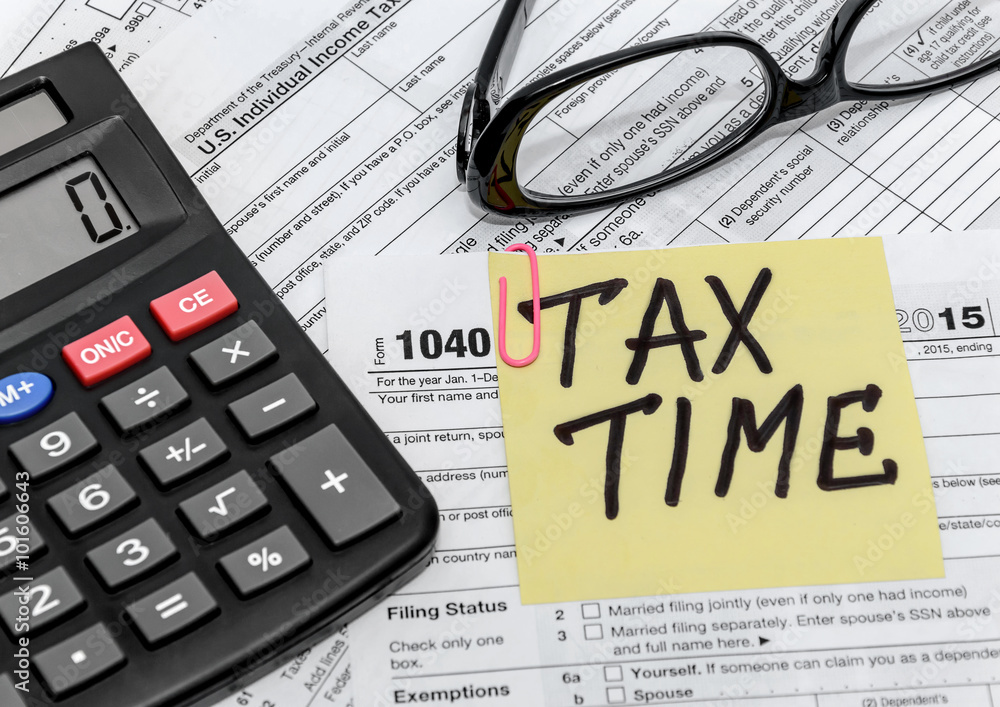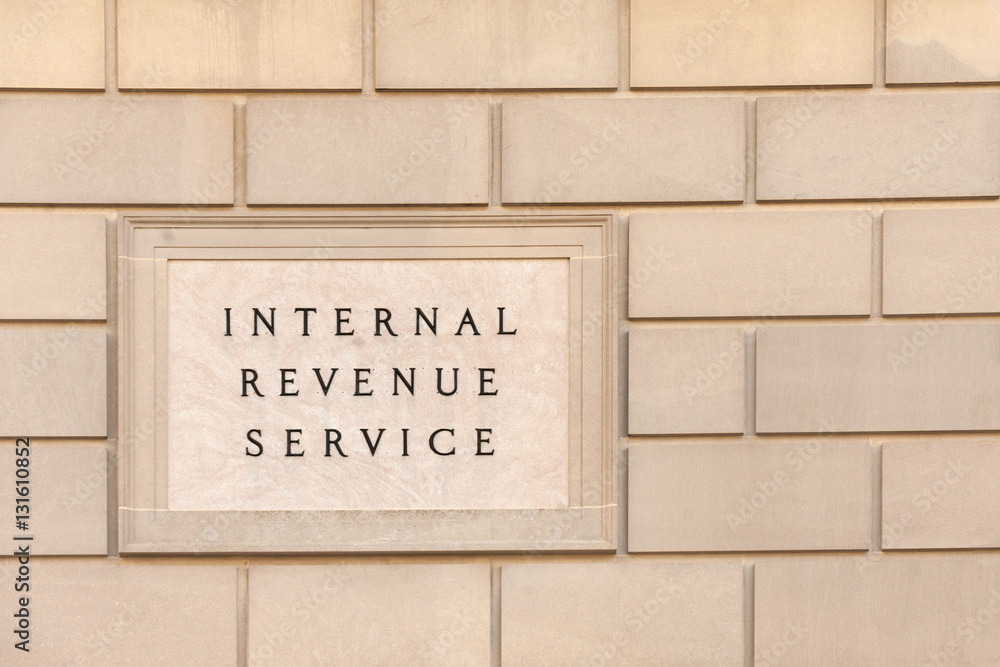Gambling is a popular activity across the world, and while many people dream of winning big, losses are more common than wins. In countries like the United States, the tax system allows people to deduct gambling losses—but only under certain conditions. One of the most common questions is: “Can I deduct gambling losses without itemizing my deductions?” The short and clear answer is: No, you cannot deduct gambling losses unless you itemize.
This article explains in simple language how the process works, why itemizing is required, how gambling income and losses are treated, and what options exist for people who do not itemize their tax returns.

What Does “Itemizing Deductions” Mean?
Before understanding the rule for gambling losses, it is important to understand the basic tax concept of itemized deductions vs. standard deduction.
- Standard deduction is a fixed amount that every taxpayer is allowed to deduct from their income. It depends on filing status (single, married, senior citizen, etc.).
- Itemized deductions are specific expenses listed separately on your tax return, such as medical expenses, mortgage interest, charitable donations, and gambling losses.
You can either take the standard deduction or itemize your deductions, but not both.
So if you want to deduct gambling losses, you must skip the standard deduction and choose to itemize instead.
IRS Rules on Gambling Losses (USA Example)
The Internal Revenue Service (IRS) in the United States has clear rules regarding gambling winnings and losses:
- All gambling winnings are fully taxable and must be reported on your tax return as “other income.”
- Gambling losses are deductible only up to the amount of your winnings, and only if you itemize deductions on Schedule A of your tax return.
- You cannot deduct more in losses than what you have won.
- If you do not itemize, you cannot claim any gambling loss deduction at all.
Example:
If you won $5,000 at a casino but lost $6,000 during the year:
- You must report $5,000 as income.
- You can deduct $5,000 in losses only if you itemize.
- You cannot deduct the extra $1,000 of loss.
If you do not itemize, you must report the $5,000 winnings but cannot deduct any losses, which means you will pay more tax.

Why Most People Don’t Itemize
After the Tax Cuts and Jobs Act (TCJA) passed in 2017, the standard deduction amount increased significantly. For example:
- Single filer: $13,850 (2023)
- Married filing jointly: $27,700 (2023)
This means that for most people, the total of their itemized deductions is less than the standard deduction, so they choose the standard deduction to reduce taxes.
As a result, millions of people who lose money gambling cannot deduct those losses, because itemizing would reduce their tax benefit compared to taking the standard deduction.
What If You Are a Professional Gambler?
There is an exception in the case of professional gamblers. If gambling is your regular business (not just a hobby), you might be able to:
- Report your gambling income and expenses on Schedule C (as a business).
- Deduct your losses and related business expenses (like travel or software).
However, the IRS has strict rules for qualifying as a professional gambler:
- You must show that you gamble with the intention of making a profit.
- You must have regular activity, records, and expertise.
- Occasional or hobby gamblers do not qualify.
Even professional gamblers cannot deduct net losses that are more than their income.
Can State Taxes Be Different?
Yes, in some cases, state income tax laws may differ from federal IRS rules.
For example:
- Some states do not allow gambling loss deductions at all, even if you itemize.
- Some states do not have income tax, like Texas or Florida, so the issue may not arise.
- Others follow federal rules strictly.
You must check the tax rules of your specific state before assuming you can deduct gambling losses.
Record-Keeping Is Important
Whether or not you itemize, the IRS expects gamblers to keep detailed records of all gambling activity. This is called a gambling log.
A proper gambling log should include:
- Date and type of gambling
- Name and address of gambling establishment or platform
- Amount of winnings and losses
- Supporting documents like receipts, tickets, credit card statements, or win/loss statements from casinos
Without records, the IRS may disallow your deductions even if you itemize.
Can I Deduct Gambling Losses on the Standard Deduction in Any Country?
United States
- No. Must itemize on Schedule A.
Canada
- Gambling winnings are usually not taxable, so losses are not deductible.
- Exceptions may apply to professional gamblers.
United Kingdom
- Gambling winnings are not taxed, so losses are not deductible.
India
- Gambling winnings are taxed at 30% flat, and losses cannot be deducted against any income, including gambling winnings.
Australia
- Gambling winnings are not taxed, and losses are also not deductible.
Germany and Japan
- Laws vary, but in general, casual gambling winnings are taxed in some forms (like horse racing), and deductions may be very limited or not allowed.
In short, deducting gambling losses is mostly a U.S.-specific tax issue, and even in the U.S., it only applies to people who itemize deductions.
What Can You Do If You Don’t Want to Itemize?
If your total itemized deductions are less than the standard deduction and you don’t want to itemize:
- You cannot deduct gambling losses.
- But you still have to report all gambling winnings.
- You will pay tax on the full gambling income, and no relief is allowed for losses.
This can be unfair, but it is how the U.S. tax code works. In such cases, it is better to keep gambling as entertainment rather than a way to make income.
Summary
- Gambling losses can only be deducted if you itemize deductions on your tax return.
- You cannot deduct gambling losses while taking the standard deduction.
- The deduction is limited to the amount of your reported gambling winnings.
- You must maintain detailed records to claim any losses.
- State rules and international tax laws may be different.
- Casual or hobby gamblers usually do not benefit from the gambling loss deduction because they don’t itemize.
Final Advice
If gambling is a regular activity for you and you have large wins and losses, it is a good idea to speak with a tax advisor or accountant. They can help you decide whether it is worth itemizing or if any alternative options are available. But if your total itemized deductions are lower than the standard deduction, you will likely be taxed on your gambling winnings without any relief for your losses.





